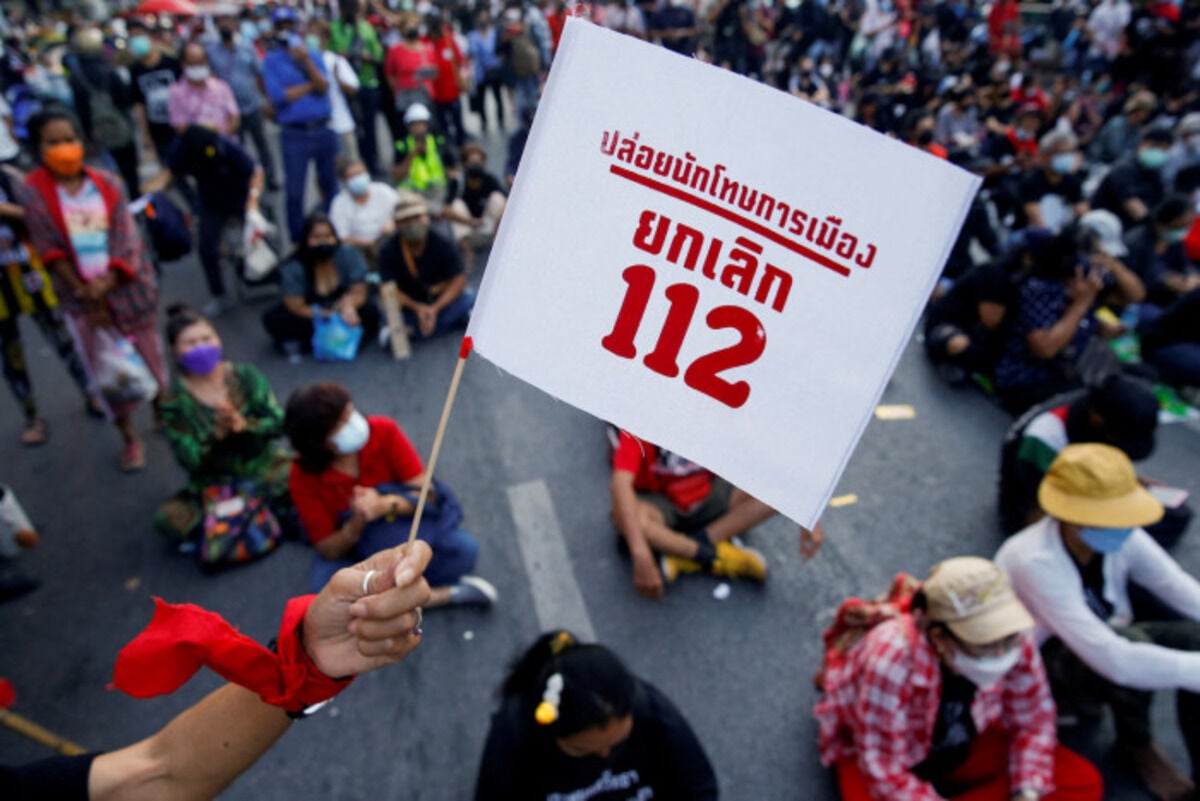Amnesty bill committee divided on Thailand’s lese majeste inclusion

The House Committee tasked with studying an amnesty bill has concluded its work but has not reached a decision on whether offences under Section 112, the lese majeste law, and Section 110 of the Criminal Code should be included.
Pheu Thai MP and Committee Chairperson Chusak Sirinil announced that the panel has endorsed a report for submission to the House. The report addresses three main issues concerning the amnesty proposal.
The committee agreed that the amnesty bill will encompass cases involving politically motivated offences committed from 2005 to the present. A dedicated committee will examine these cases, compiling a list of offences eligible for amnesty.
“The gist of it is that the cases must be politically motivated and there will be a list of cases that qualify.”
The committee decided that cases under Sections 288 and 289 of the Criminal Code (murder and other acts leading to death), which are serious human rights violations, will be excluded from the amnesty bill.
There was no consensus on offences against the King, Queen, heir-apparent, or regent, covered by Sections 112 and 110. However, the report will include the committee members’ differing opinions.
Chusak explained that opinions were divided into three groups: one group wants these offences excluded from amnesty, another supports their inclusion, and a third group calls for their inclusion under special conditions.
“The committee believes that the amnesty is most likely to come to fruition if the government takes the lead or helps push the proposal.”
Nikorn Chamnong, the committee’s secretary, stated that government whips would be asked to prioritise the committee’s report and place it high on the House agenda. The report is expected to be discussed by the House next month.
The 35-member panel was established earlier this year, proposed by the ruling Pheu Thai Party, to conduct a comprehensive study on the amnesty proposal. This followed resistance to a bill sponsored by the main opposition Move Forward Party (MFP), largely due to the inclusion of Section 112 offences.
Move Forward leader Chaithawat Tulathon noted yesterday that it was agreed the amnesty issue should be examined by a committee because of the political conflict over the past two decades.
He expressed hope that the government and political parties will draft their own versions of an amnesty bill for submission to the House, reported Bangkok Post.
Latest Thailand News
Follow The Thaiger on Google News:


























